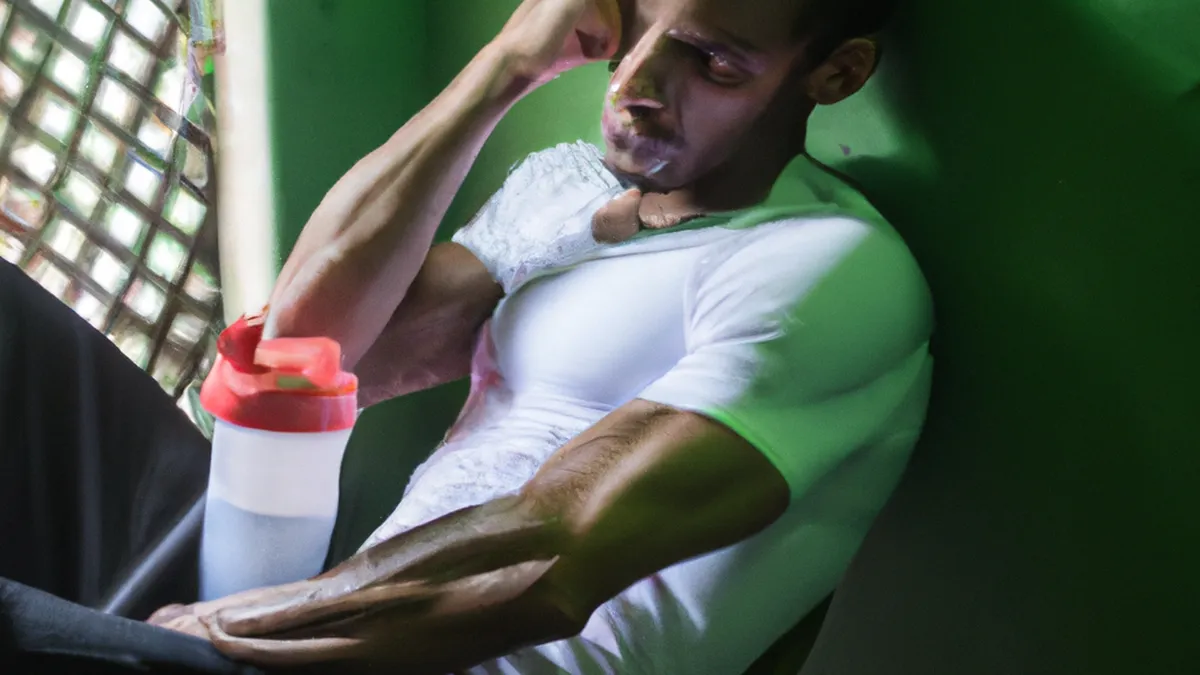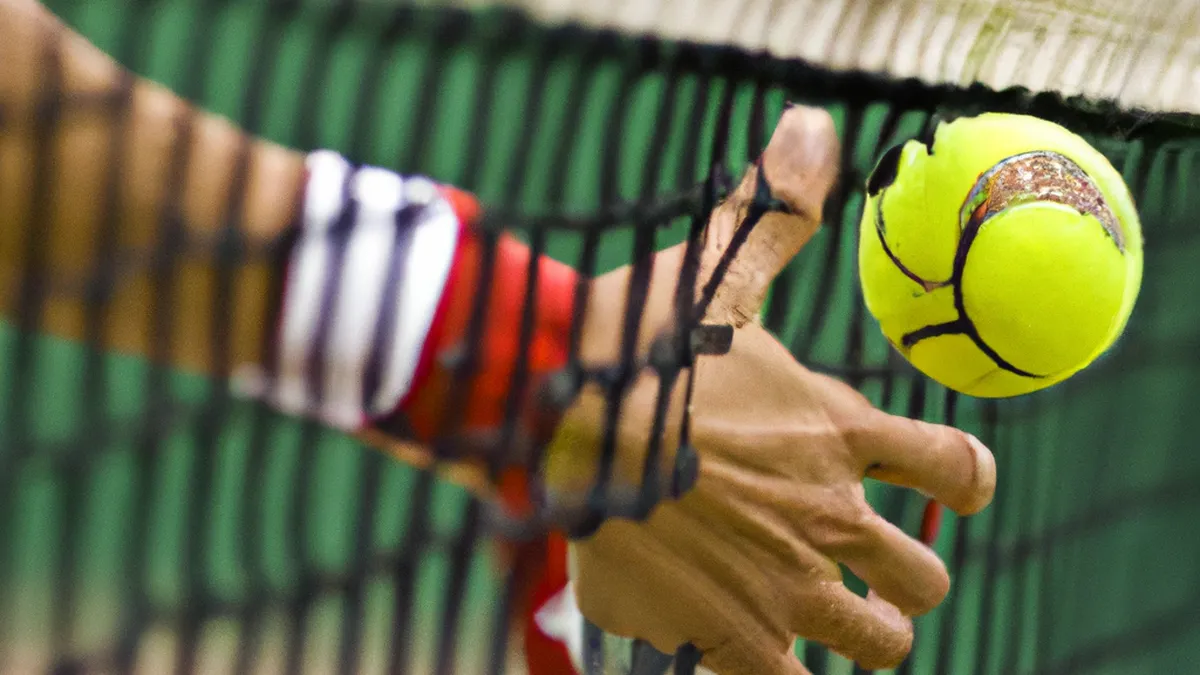Uniting Coaches and Players for Shoulder Wellness
Strategies for Building a Shoulder Care Community Among Coaches and Players
Athletes rely on healthy shoulders, especially in overhead sports. Coaches and players must prioritize shoulder care to prevent injuries and improve performance. A supportive community focused on shoulder health leads to better outcomes for everyone. Here are strategies to build that community effectively.
Educate on Shoulder Health
Education forms a community’s foundation. Coaches must understand shoulder anatomy and function. Knowledge of common injuries, like rotator cuff tears and tendinitis, is crucial. Use workshops and online courses to share information and ensure everyone accesses the same resources.
Share Knowledge Regularly
Host meetings to discuss shoulder care. Plan these sessions monthly or bi-weekly based on team needs. Invite experts such as physical therapists to speak on injury prevention and rehabilitation. Include Q&A segments to encourage player participation. This approach fosters an open environment where everyone feels valued.
Utilize Visual Aids
Visual aids enhance understanding significantly. Use diagrams, videos, and demonstrations to illustrate proper shoulder exercises. Show proper mobility exercises and rotator cuff strengthening movements. Consider creating handouts or digital resources for players to reference during training. This material serves as a reminder of shoulder care’s importance.
Foster Open Communication
Open communication strengthens the community. Create an atmosphere where coaches and players discuss shoulder issues freely. Use surveys to gather feedback on practices and player concerns. This information shapes future sessions and ensures responsiveness to community needs.
Encourage Player Input
Encourage players to discuss shoulder health. Ask them to share experiences with injuries or recovery. This involvement empowers players and fosters ownership of their health. When players feel heard, they engage actively in shoulder care and support teammates.
Create Support Groups
Form small support groups for players recovering from injuries. These groups can meet regularly to share challenges and successes. Peer support is invaluable during recovery, as players feel more comfortable discussing struggles. Coaches can facilitate these groups, providing guidance and fostering camaraderie.
Develop a Routine for Prevention
Establishing a shoulder care routine significantly reduces injury risks. Create a consistent warm-up and cool-down routine. This routine should include exercises to strengthen and stabilize the shoulder joint, enhancing flexibility and mobility.
Incorporate Shoulder Exercises
Integrate shoulder exercises into daily training. Focus on mobility, stability, and strength. Encourage players to prioritize these exercises and make them a habit.
Conclusion
Prioritizing shoulder health through education, communication, and support fosters a strong community. Everyone benefits from improved knowledge and practices.
Below are related products based on this post:
FAQ
Why is shoulder health important for athletes?
Shoulder health is crucial for athletes, especially in overhead sports, as it helps prevent injuries and improves performance. A strong and healthy shoulder allows athletes to perform at their best and reduces the risk of common injuries such as rotator cuff tears and tendinitis.
How can coaches effectively educate players about shoulder care?
Coaches can effectively educate players about shoulder care by organizing workshops, hosting regular meetings to discuss shoulder health, and inviting experts to share their knowledge. Utilizing visual aids like diagrams and videos can also enhance understanding and retention of information related to proper shoulder exercises and injury prevention.
What role does communication play in building a shoulder care community?
Open communication is essential in building a shoulder care community as it fosters an environment where coaches and players can freely discuss shoulder issues. Encouraging player input and feedback ensures that community needs are addressed, while also empowering players to take ownership of their health and support their teammates.















Post Comment